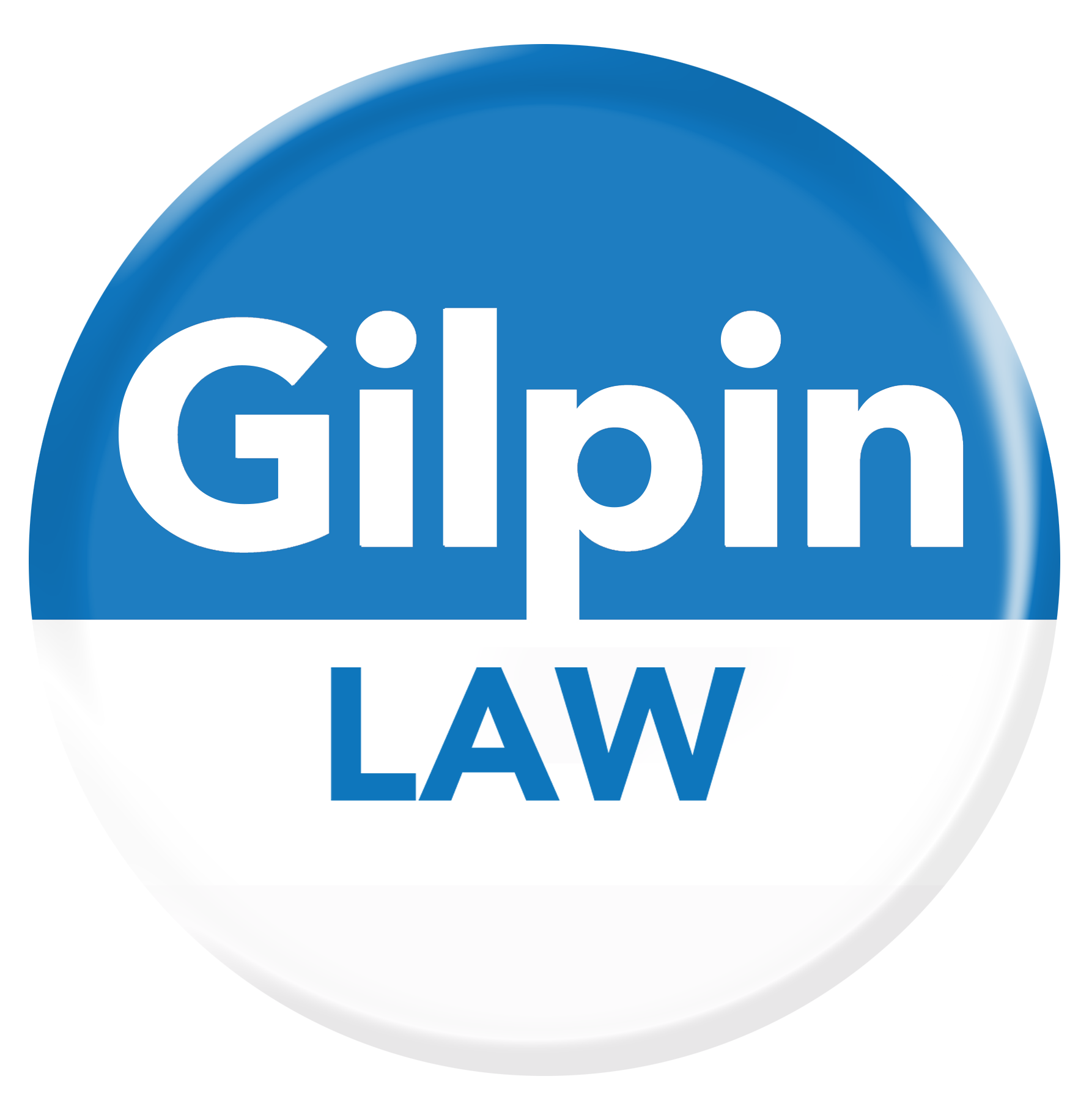It’s easy to take a pharmacy pickup for granted, implicitly trusting our doctor’s judgment and the pharmacist’s meticulousness to ensure we receive the right medication, in the correct dosage, for the right condition. And most of the time, that trust is well-placed. But when healthcare professionals make mistakes due to medical error or negligence, the impact on your life can be profoundly real.
If a prescription error has left you or someone you care about dealing with the fallout of another’s mistake, you may need an advocate who understands medical malpractice law. In this post, the law office of Oklahoma personal injury attorney Tim Gilpin breaks down everything you need to know about medical malpractice and prescription errors.
Common Prescription Errors
When prescribed and monitored under the careful guidance of healthcare professionals, many medications can be life-changing. Unfortunately, the reverse is also true, with adverse events related to medications potentially leading to serious and life-changing consequences.
According to the United States FDA’s Adverse Events Reporting System, consumers and healthcare providers report millions of adverse medication events each year including harm caused by a drug or unintended complications or injuries resulting from medication mismanagement.
Prescription errors can occur at any stage of responsibility chain from pharmaceutical manufacturer to prescriber to drugstore. Often, they stem from a breakdown in more than on this chain.
Any of these breakdown points could contribute to a medication error:
- Failure to consult medical history
- Inaccurate medical records
- Overlooking a medication allergy
- Missing potential drug interactions
- Prescribing a medication that is contraindicated for condition
- Transcription and documentation errors like writing down the wrong drug name
- Prescribing the wrong route of administration
- Underprescription of a medication
- Overprescription of a medication
- Misinterpretation of a provider’s orders
- Dispensing the wrong medication or dosage
- Mislabeled medication bottles
- Medical errors in a hospital or caregiver setting
- Failure to monitor patient for adverse effects
- Failure to adjust dosage to prevent complications
What to Do If You Suspect Medical Prescription Negligence
Medical negligence or error occurs when a healthcare professional involved in the chain of responsibility fails in their duty. Hospitals and healthcare facilities have a duty to ensure safe systems and trained staff. Doctors have a duty to prescribe medications appropriately and monitor patients. Likewise, nurses have a duty to administer medications correctly, monitor their patients, and report any concerns. And pharmacists have a duty to accurately dispense medications and report any potential issues.
Here are a few signs of negligence that may indicate your prescription error was caused by an avoidable error:
- Your doctor ignored information indicating a drug interaction or allergy.
- Your prescribed dose was significantly higher or lower than is typically prescribed for your condition.
- You received the wrong dose from your pharmacist.
- Your doctor failed to monitor a high-risk medication with follow-up tests or ignored signs of an adverse reaction.
- A communication breakdown occurred between the provider and the pharmacy.
The impact of a prescription error can be serious, leading to lasting implications. These can include additional and ongoing medical bills due to medication injury, lost wages or earning capacity, pain and suffering, permanent injury or disability, or even wrongful death.
Take the following steps to protect yourself immediately after the adverse event occurs:
- Seek immediate medical attention for adverse reactions and ongoing health conditions.
- Document everything including your medication and dosage, symptoms, dates and times, and conversations with healthcare providers.
- Save the medication, packaging, receipts, and any pharmaceutical inserts.
- Check your provider’s history for past disciplinary action with the state medical board.
Securing Compensation for Prescription Errors
By their very nature, most prescription errors are preventable. While healthcare providers strive for accuracy, mistakes can — and do — happen. When those mistakes stem from negligence, patients suffer.
Navigating a medication malpractice claim is complex, requiring in-depth medical and legal knowledge. An experienced attorney can investigate the error, identify all liable parties, gather crucial evidence, consult with medical experts, and fight to ensure provider accountability and secure the maximum compensation you deserve.
If you or a loved one has suffered an injury from medication due to a pharmaceutical error or any other form of medication negligence, Tim Gilpin can help you understand your options and fight for the justice and compensation you deserve. Give Tim a call today and set up your consultation.
